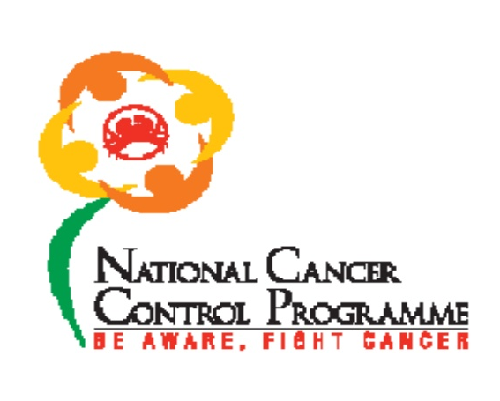The recent launch of a comprehensive strategy on cancer control by the Federal Ministry of Health (FMoH) could not have come at a better time, considering that the nation has for years been in dire need of a clear strategy to improve the management of cancer – a disease in which abnormal cells divide uncontrollably and destroy body tissue.
The new strategy tagged: “National Cancer Control Plan (NCCP) 2018–2022,” is, according to the Minister of Health, Prof. Isaac Adewole, to provide a clear road map on how the government will undertake cancer control in Nigeria in the next five years.
Adewole explained at the launch that the NCCP is a product of extensive cross-sectoral collaboration involving the government, public health professionals and physicians in academia, bilateral and multilateral organisations and civil societies.

The vision of the NCCP, which is to reduce the incidence and prevalence of cancer in Nigeria over the next five years, is undoubtedly laudable. However, the real challenge is how to move beyond rhetoric and scrupulously implement the plan to achieve its goal of wellness for Nigerians.
This is particularly very crucial as Nigeria has a long history of having many well formulated plans and strategies, including those on cancer management, that failed to achieve expected the results because the implementation aspect was neglected or shoddily done. For instance, there was a Cancer Control Plan that ran 2008-2013. This plan made little or no impact – as the rising incidence of mortality from cancer in the country shows – because of the chronic Nigeria malaise of poor implementation.
Therefore, while the NCCP (2018-2022) outlines key goals and objectives, as well as detailing the strategies that will allow Nigeria to achieve its aim, the fact that 75 per cent of the funding required for its implementation is expected to come from government (federal and states) makes its success hugely dependent on government’s commitment. This poses a major challenge as most health intervention programmes that failed in Nigeria due to poor funding did not fail because the nation’s partners failed to keep to their side of the agreement but because the Nigerian government could not provide its share of the required counterpart funding.
Consequently, while we have no reason to doubt that our development partners and donors will deliver on their pledge of providing the 25 per cent funding needed for the NCCP over the next five years, we can only hope that the Nigerian government, given its antecedents, will not fail to provide its counterpart funding of 75 per cent. We therefore call on the government not to let Nigerians down this time.
The burden of cancer on sub-Saharan Africa and Nigeria, in particular, is huge and growing. A recent Globocan estimate stated that 626,400 new cases of cancer and 447,700 deaths from the disease occur in the sub-continent annually. Unsurprisingly, a sizable chunk of this figure comes from Nigeria because of its huge population. Globocan in fact put the number of deaths from cancer in Nigeria at 72,000 annually, while estimating that 102,000 new cases of cancer occur in the country every year.
While breast and cervical cancer are responsible for about 50 per cent of all cancer cases in Nigeria, the real worry of the Globocan statistics is that the mortality incidence ratio of cancer in Nigeria, compared to other nations, is quite high. For instance, the Globocan report shows that while, in America, 19 per cent of all breast cancer cases result in death, the Nigerian percentage is at 51 per cent. Indeed, the figure could be higher, given the absence of quality cancer data in Nigeria, a fact that even Globocan attested to in its report.
As things currently stand, cancer is like a death sentence for most Nigerian patients, not just because of late presentation but because there is chronic inadequacy of facilities for surgery, chemotherapy and radiotherapy for the huge population. A situation whereby there are only about eight cancer centres for about 200 million people is just unacceptable.
It is thus our view that improving access to cancer treatment through the new NCCP in the next five years will go a long way in mitigating the mortality rate of the disease. There is also the need to heighten sensitisation campaign against cancer while its treatment should be highly subsidised to reduce the burden of payment on the patients and their families.
If NCCP can be implemented to deliver on these, the nation would have made unprecedented progress in the war against cancer.














Like!! Thank you for publishing this awesome article.
This is a well-written article.